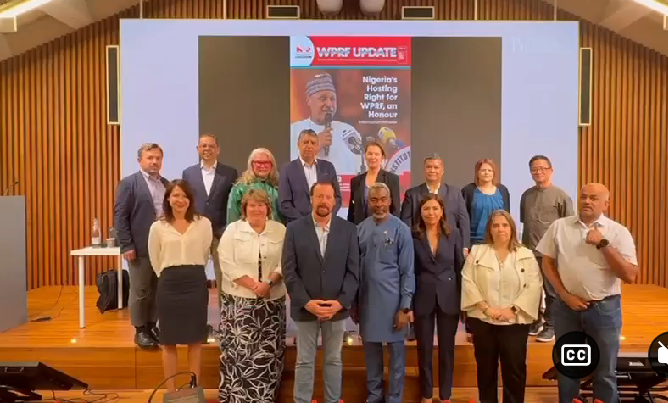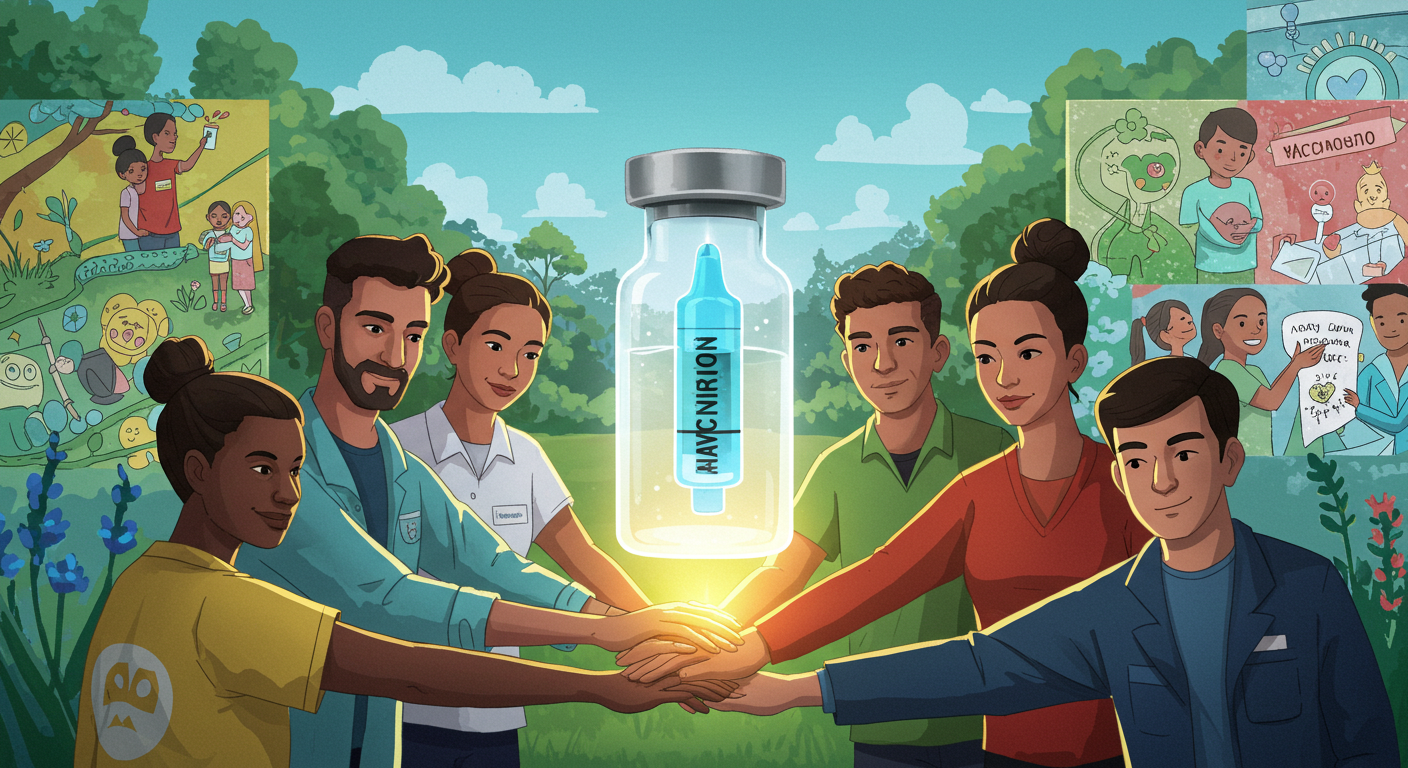Kunle Awosiyan |
An anti-malaria brand of drug Artesunate/amodiaquine known as Coarsucam is still thriving and causing serious ripples in the Nigeria market despite the ban on the drug by World Health Organisation.
The drug is still readily available in the open market across the country with NAFDAC registration number on it and it is a fast lane to mental and cerebral dysfunction, for any user of the medicine.
Artesunate/amodiaquine (trade name Coarsucam) is a fixed-dose artemisinin-based combination therapy (ACT) indicated for the treatment of acute uncomplicated Plasmodium falciparum malaria.
It was launched in 2007 as an affordable treatment for malaria, devised by DNDi in partnership with Sanofi-Aventis but due to its serious side effect, which include cerebral disorder and mental illness, WHO advised Nigerians to stop using the combination last year.
National Coordinator, National Malaria Control Programme, Nnenna Ezeigwe, gave the advice last year and recommended Artemisinin Combination Therapy, ACTs.
However, a patient Mr. David Alowonle told Marketing Edge that the drug was sold to him by a pharmacy store (names withheld), adding that he could not sleep for three days after he took the drug.
He said, “Any time I have malaria, I use Artesunate but the last one I bought contained Amodiaquine, which nearly turned my brain. I took one in the morning, one at night for three days. After the third day that I could not sleep, I developed mental problem and suddenly became very energetic I nearly beat up my wife.”
Alowonle told Marketing Edge that the drug turned his tongue but was saved by the family doctor who flushed out the drug for him to become normal again.
When Marketing Edge visited some pharmaceutical stores, it discovered that the drug was available and sold between N250 and N300 as anti-malaria medicine.
When contacted, Mr. Kingsley Ejiofor, Head of Investigation and Enforcement, National Food and Drug Administration and Control, sent a text message that he would not be able to answer any calls at the time of going to press.
A message sent to him to react what NAFDAC is doing about the resurfacing of the drug in Nigeria market could not be replied.
Further investigation showed that Sierra Leonean Government had since banned the drug.
The real manufacturer of the drug was not mentioned on its packet but a search on the drug showed that Nigeria tops the list of countries that are the most common market for it.
Other countries include Niger, Mali, Ghana, Burkina Faso, Mali, Benin, Togo, Cameroon, Gabon, Angola, Sierra Leone, Liberia, Senegal, Ivory Coast, Guinea, Kenya, Ethiopia, Congo, Mozambique, Zambia, Zimbabwe, Rwanda, Malawi, Central Africa Republic, Somalia, Somaliland, Burundi, Tanzania and Namibia.
Also revealed were various adverse reactions of the drug which included blood and lymphatic system disorders, cases of leucopenia and neutropenia (agranulocytosis), Nervous system disorders: rare neuromyopathy, Eye disorders, varying in type and severity: transient accommodation disorders, cornealopacifications regressive once treatment is stopped, very rarely, irreversible retinopathy justifying specialist ophthalmic attention, Hepato-biliary disorders: severe and sometimes fatal hepatitis, Skin and subcutaneous disorders: slate-grey pigmentation, notably affecting the fingers and mucous membranes.






Comment
No comments found.